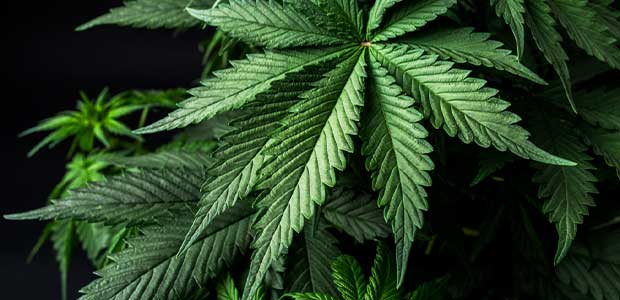
California’s AB2188 Now Prohibits Employee Discipline for Off-Duty Marijuana Use
Under the law, employers cannot discriminate against workers based on their marijuana use when not at work.
- By Rebecca Stephens, Jamie Talt
- Oct 13, 2022
A new law in California will significantly change the way employers can address employees’ marijuana use. While prior law made clear that employers could terminate employees for off-duty marijuana use, a new bill prevents employers from taking adverse action against an employee for such use. Instead, the new law only authorizes adverse action against employees who are impaired in the workplace, thus necessitating review of employers’ drug and alcohol policies to ensure compliance with the new law.
Background on Federal and State Marijuana Laws
Under federal law, marijuana use remains illegal. Indeed, marijuana is a Schedule I substance under the Controlled Substances Act, meaning that it has a high potential for abuse, no currently accepted medical use in treatment in the United States and a lack of accepted safety for use under medical supervision. Notwithstanding these laws, according to the Centers for Disease Control, marijuana is the most commonly used federally illegal drug in the United States—48.2 million people, or about 18 of Americans, used it at least once in 2019.
Despite being illegal under federal law, thirty-eight states and the District of Columbia have legalized medical marijuana, and nineteen states and the District of Columbia have legalized recreational marijuana use. But only seven states have laws addressing employers’ obligations concerning their employees’ use of marijuana outside of work: Nevada, New York, New Jersey, Connecticut, Montana, Rhode Island, and now California.
Products containing two primary cannabis derivatives are available to consumers: tetrahydrocannabinol (THC) (a psychoactive derivative that often causes impairment) and cannabidiol (CBD) (a non-psychoactive derivative which typically does not cause impairment). The 2018 federal Farm Bill removed hemp (a cannabis plant containing no more than 0.3 percent of THC) from the federal Controlled Substances Act, effectively legalizing CBD products if they are produced from hemp. However, most CBD products are not regulated by the Food and Drug Administration and cross-contamination during the production process is possible, so consumers may inadvertently ingest higher levels of THC than intended.